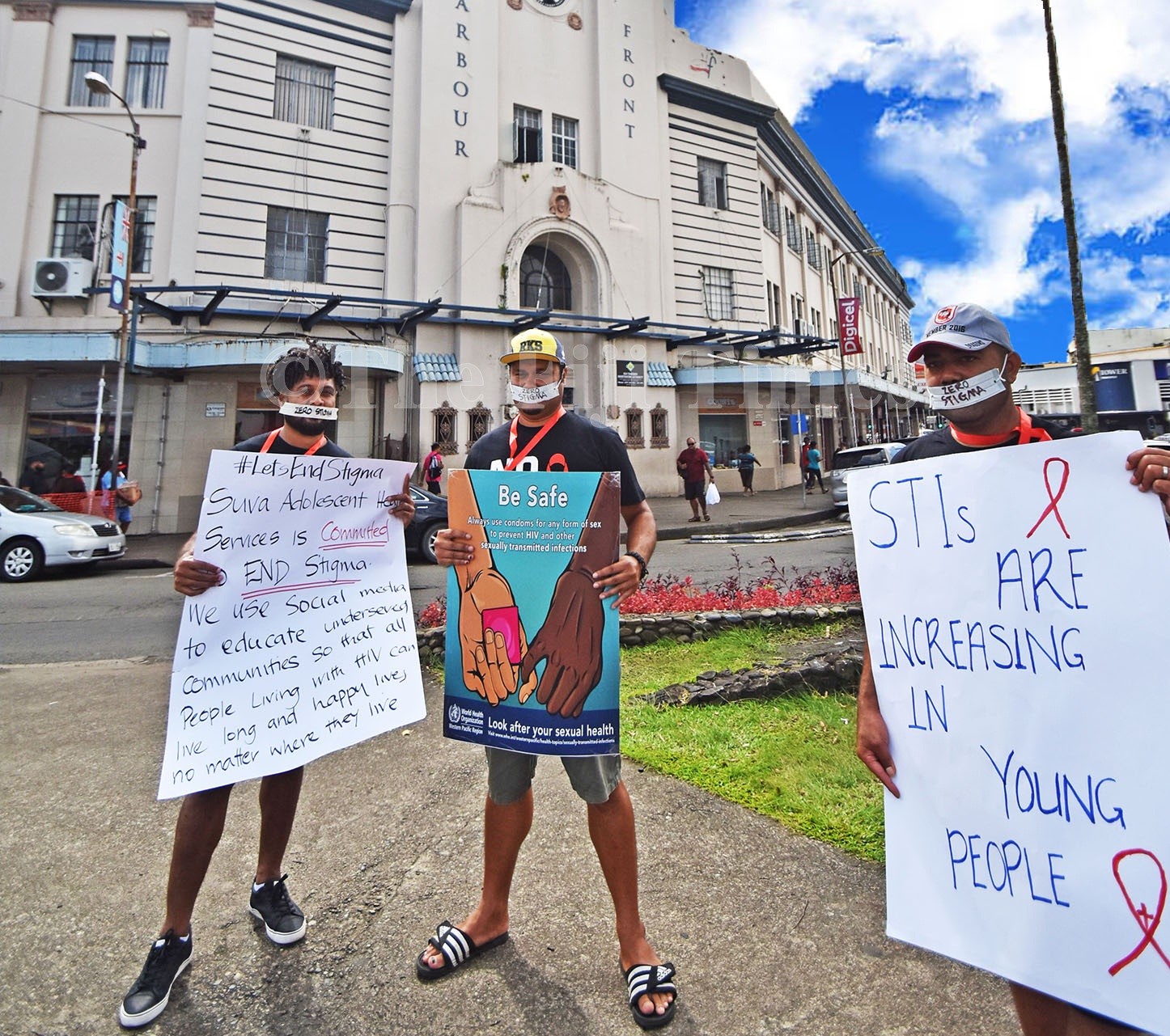Eighty-nine per cent of all HIV-positive tests recorded from January to June this year are attributed to the iTaukei population.
This was confirmed by the head of family health for the Ministry of Health Dr Rachel Devi, who noted that this alarming trend coincided with a dramatic 547 per cent increase in HIV cases over the past five years.
Dr Devi highlighted that the high percentage of iTaukei individuals testing positive may be influenced by several factors.
“So now, when you look at the iTaukei population, and just the demarcation, demarcation of the percentages, they honestly, currently, there’s a bit of uncertainty in the sense, why is it?” Dr Devi asked.
“There’s a lot more iTaukei that come up, but one of the reasons that could be is that we could be testing a lot more within the iTaukei population and Fijians of Indian descent are testing less.”
Dr Devi noted the importance of analysing these statistics in the context of Fiji’s overall demographic makeup.
She emphasised the need for careful evaluation of the proportions of various ethnic groups in relation to the total population when interpreting these findings.
“One major reason why we are detecting more of these cases is because there is more awareness and people coming to get tested.
“This is probably because they realise the risky behaviours they’ve had, or partners they’ve had that were HIV positive.
“Having said that, we do encourage everyone, because, you know, HIV is no respecter of race, religion, you know, age, et cetera.”
Dr Devi reiterated that HIV does not discriminate based on race, religion, or age, and encouraged all individuals to remain vigilant about their health.
She pointed out that misconceptions about HIV being a condition that only affects certain groups contribute to stigma and may prevent others from seeking testing and treatment.
“The Ministry of Health is committed to addressing these disparities through enhanced education and outreach efforts.”



